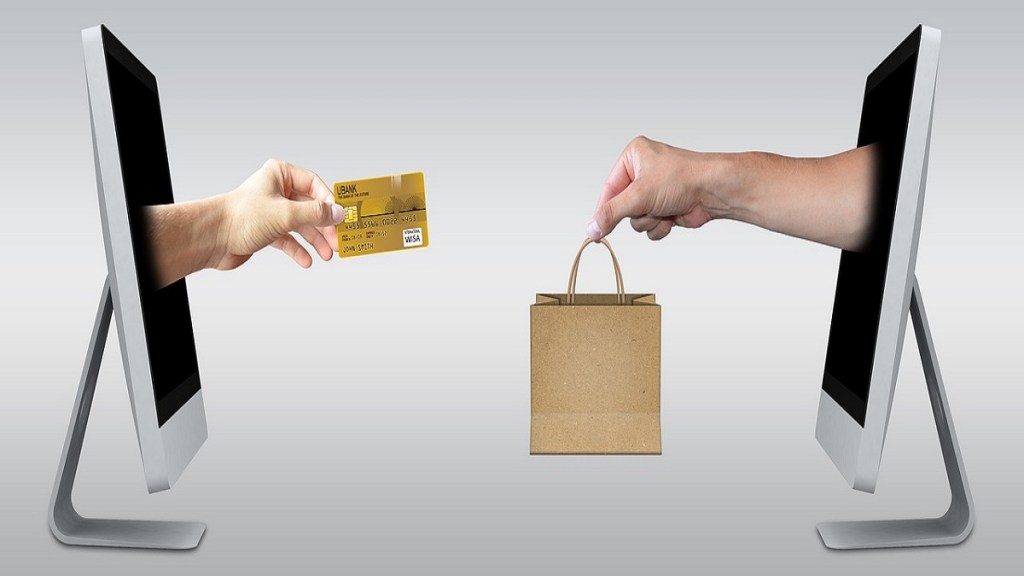By Sakshi Soni
D2C for small businesses: Direct-to-Consumer (D2C) marketing has proved to be one of the strongest tools for growing businesses in today’s highly competitive business world as it helps them strategize their growth and planning. It challenges offline businesses running on old models and makes small online businesses grow faster by equipping them with technological advancements and deep knowledge of changing consumer needs. D2C provides multiple advantages to businesses.
No More Middlemen
Most importantly, the D2C approach eliminates the need for middlemen and the restrictions imposed by them creating an opportunity for the establishment of direct relationships with potential and existing customers. With this advantage, small businesses get a chance of having greater control over communicating their brand motive, delivering product quality, and optimizing pricing guidelines. This results in direct interaction and transparency creating trust and loyalty of customers with the brand.
Personalization
Being able to create a 100 per cent personalized customer experience and journey is one of the most advantageous features of D2C. With such advanced technology, small businesses can use data analytics to get insights into consumer behaviors, preferences, and purchase history. Well-equipped with such significant information, they can plan their entire product range to meet individual customer needs, creating a sense of exclusivity and loyalty to the brand. Also, this helps them in staying ahead of the trend. This level of personalization not only enhances customer satisfaction but also increases chances of repeat purchases and word-of-mouth marketing.
Fast Implementation and Innovation
D2C enables small businesses to quickly understand the trends and upgrade their product range accordingly. Also, they get a swift response from their target audience on every collection. This pace allows businesses to upgrade themselves with evolving customer demands, by launching new products and improving their product quality in the least time. On the other hand, businesses that follow the traditional approach often have to go through a long and complex process, decreasing the chances of experimentation
High Customer Engagement
Small businesses get the advantage of customer engagement through D2C as it enables them to reach their targeted audience through multiple platforms including social media, email marketing, smooth and user-friendly websites, etc. This creates a path for two-way communication and a sense of belonging in customers’ minds. This way businesses can create a strong customer base that will not only purchase multiple times but eventually, will also promote the brand to their contacts through word of mouth.
Online Presence and Brand Visibility
In the present marketplace scenario with cut-throat competition, creating brand visibility and image is a highly challenging task for small businesses. But, with the help of multiple approaches of D2C channels small businesses can grab multiple opportunities to mark their presence and stand out.
Efficient Allocation of Resources
By eliminating costs incurred by middlemen, D2C strategies make room for cost optimization. This adds to an increase in revenue as they can allocate resources more efficiently. Moreover, the direct interaction between business and customer enables better decision-making, which ultimately results in more cost-effective production.
Conclusion: Rise of New Possibilities
We can conclude that the power of Direct-to-Consumer (D2C) has opened a new era of possibilities for small businesses. By smartly implementing D2C strategies, small businesses can effectively and efficiently increase their growth potential and customer engagement backed by innovation in terms of product and brand visibility.
Sakshi Soni is the CMO and Co-Founder of e-commerce firm Beyoung. Views expressed are the author’s own.

